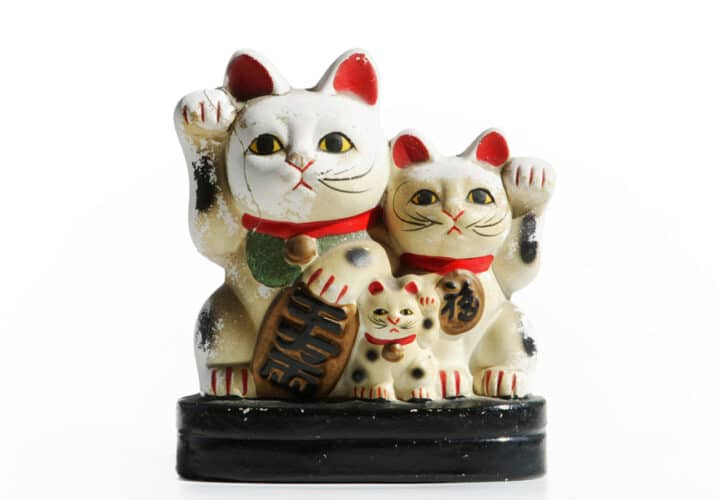When a doctor does a standard check at a well visit—ears, eyes, heartbeat, blood pressure, etc.—they should add sense of smell to that list, according to a new study. Older adults with a poor sense of smell had a 50 percent increased risk of dying over the next 10 years—even if they were healthy individuals.
Scientists at Michigan State University studied over 2,000 people between the ages of 71 and 82 years of age. Each participant was tested on 12 common odors, a test known as the Brief Smell Identification Test, and asked to identify the odors from multiple choice test. They were rated as having a good, moderate or poor sense of smell.
A poor sense of smell was associated with a 46 percent higher rate of mortality after 10 years and a 30 percent higher mortality rate after 13 years compared to those with a good sense of smell. Even after taking other diseases and lifestyle factors into account, the association remained. It did not differ between men and women or between black and white participants.
“Poor sense of smell becomes more common as people age, and there’s a link to a higher risk for death,” said Honglei Chen, an epidemiologist who worked on the study. “Our study is the first to look at the potential reasons why it predicts a higher mortality.”
What could be behind this startling statistic? Experts point out that both Parkinson’s and Alzheimer’s are associated with a poor sense of smell, but that only accounted for about 28 percent of the increased risk.
“We know our senses, such as smell, hearing and sight, have the potential to point to early signs of the diseases that cause dementia,” said James Pickett, Ph.D., head of research at Alzheimer’s Society. “Although this study did find a poor sense of smell in healthy 70-year-olds was linked to a higher chance of death within 13 years, it didn’t prove that this was directly linked to a higher risk of dementia.”
It does highlight the need for olfactory screening, though, since most adults with a poor sense of smell also were in good health at the beginning of the study. It could be that a poor sense of smell is an early and highly sensitive sign for deteriorating health.
“We don’t have a reason for more than 70% of the increased risk. We need to find out what happened to these individuals,” said Chen. “It tells us that in older adults, impaired sense of smell has broader implications of health beyond what we have already known,” Chen said. “Incorporating a sense of smell screening in routine doctor visits might be a good idea at some point.”
Of course, the study does not draw a direct cause-and-effect correlation between sense of smell and a higher risk of mortality. It’s simply an association. But it’s clear that smell may have insider information on the body like no other measurable sense.
“Olfactory regions have reciprocal connections to key brain regions that subserve memory, emotion, and satiety signaling,” wrote scientists from Johns Hopkins University School of Medicine in an accompanying editorial. “The olfactory nerve is the only cranial nerve that is directly exposed to the environment, and it is vulnerable to disruption by conditions that contribute to mortality, including medical illness, traumatic brain injury, and neurodegenerative disease.”
[ Next: Alzheimer’s Smell Test: What Losing Your Sense of Smell Means for an Alzheimer’s Diagnosis ]



